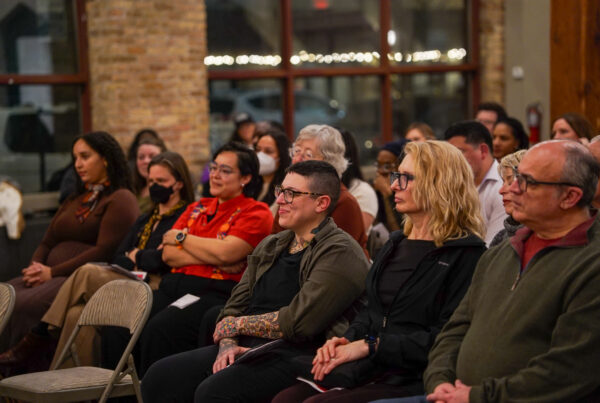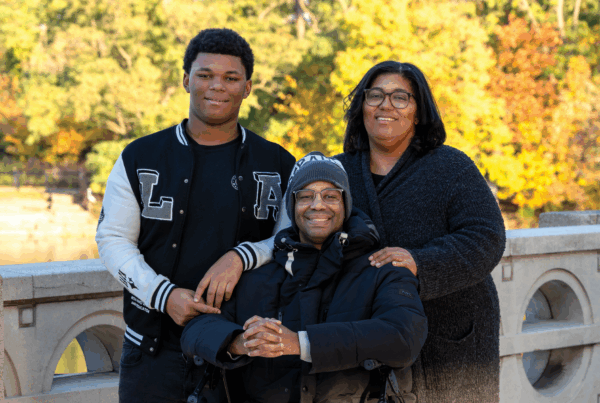STATE LAWMAKERS’ ADJUSTMENT TO LIGHTFOOT’S PROPOSED TAX INCREASE ON PROPERTY SALES WOULD PRODUCE NEEDED REVENUE FOR BOTH GOALS
Chicago Mayor Lori Lightfoot has yet to respond to a proposal that would produce a “win-win” outcome for both her and a faction of lawmakers currently opposed to her bid to obtain state authorization to increase the city’s tax on property sales.
The attempted compromise would modify Lightfoot’s proposal to raise the rate of Chicago’s Real Estate Transfer Tax (RETT) on sales of elite properties, yielding sufficient revenue to boost city funding to provide affordable housing for Chicagoans experiencing homlessness– a plan the Mayor promised to support during her campaign for office – without diminishing revenues she said she needs to trim the budget deficit.
Under the concept presented to the Mayor last week, the city would adjust the graduated structure of Lightfoot’s RETT increase by 1.) changing the rate for property sales worth more than $10 million from the 2.55 percent that Lightfoot proposed to 4 percent, with the rate applying only to the portion of the sale over $10 million, not the entire sale; and 2.) apply the rate that Lightfoot has proposed for properties sold for between $1 million and $3 million to those also sold for more than $750,000. The counter proposal also ensures that any property sold for less than $800,000 would receive a tax cut. This equates to roughly 70% of property transactions in the city.
Capitol Fax: Tax proposal floated
Crain’s Chicago Business, Greg Hinz: Lightfoot’s tax plan is in trouble in Springfield
State lawmakers who devised the compromise sought to work together with the Mayor’s administration to advance the idea, but their overture has elicited no response.
“I can’t emphasize enough that we see this proposal as a “win-win” opportunity for everyone,” said Representative Theresa Mah. “It leaves the money that Mayor Lightfoot had budgeted to curb the deficit unscathed, but it also honors her campaign commitment to support a dedicated revenue stream to combat homelessness by investing in permanent, supportive housing. This is what our city desperately needs after generations of chronic under-funding at the city level.”
During her campaign for office, Lightfoot repeatedly promised to seek a RETT increase exclusively to address glaring housing needs in the city. Advocates with the Bring Chicago Home (BCH) coalition have pressed the Mayor to uphold her promise and last week, 13 state lawmakers – including 10 representing districts that include areas of the city – cautioned Lightfoot that they could not support her quest for legislative approval of a RETT increase unless the Mayor made good on that pledge.
Lawmakers pointed out that their proposed amendment to the RETT increase would meet the Mayor’s goals for shrinking the budget deficit – ostensibly sparing her any need to consider a property tax increase – while concentrating the impacts on a small fraction of the city properties sold at high to ultra-high prices.
“A budget is a moral document and here is a way for us to fund homelessness and address our budget needs without having to go the route of a property tax increase,” said Senator Robert Peters. “We hope to be able to work together on this common-sense solution.”
Crain’s Chicago Business, Op-Ed: A way to reduce homelessness – and the deficit
Meanwhile, the fate of more than 86,000 homeless residents in Chicago remains in the balance, as Lightfoot prepares to renew efforts next week to shepherd a RETT increase through Springfield.
Without supplementary funding from the RETT increase, aid to Chicagoans experiencing homelessness will increase by a paltry $5 million in Lightfoot’s proposed 2020 budget, ensuring that her spending to combat the problem remains mired near the bottom among U.S. cities with the largest homeless populations.
In a study it conducted earlier this year based on an analysis of U.S. Census data, the Chicago Coalition for the Homeless found that:
· 21 percent of all homeless Chicago adults are employed, but still can’t afford a permanent roof over their heads.
· 28 percent of all homeless Chicago adults had some college education or had obtained a degree.
· 24 percent of all homeless Chicagoans are children.
The report tallied a total of 86,324 Chicago residents experiencing homelessness.
Contact: Mike Truppa – miketruppa@gmail.com






